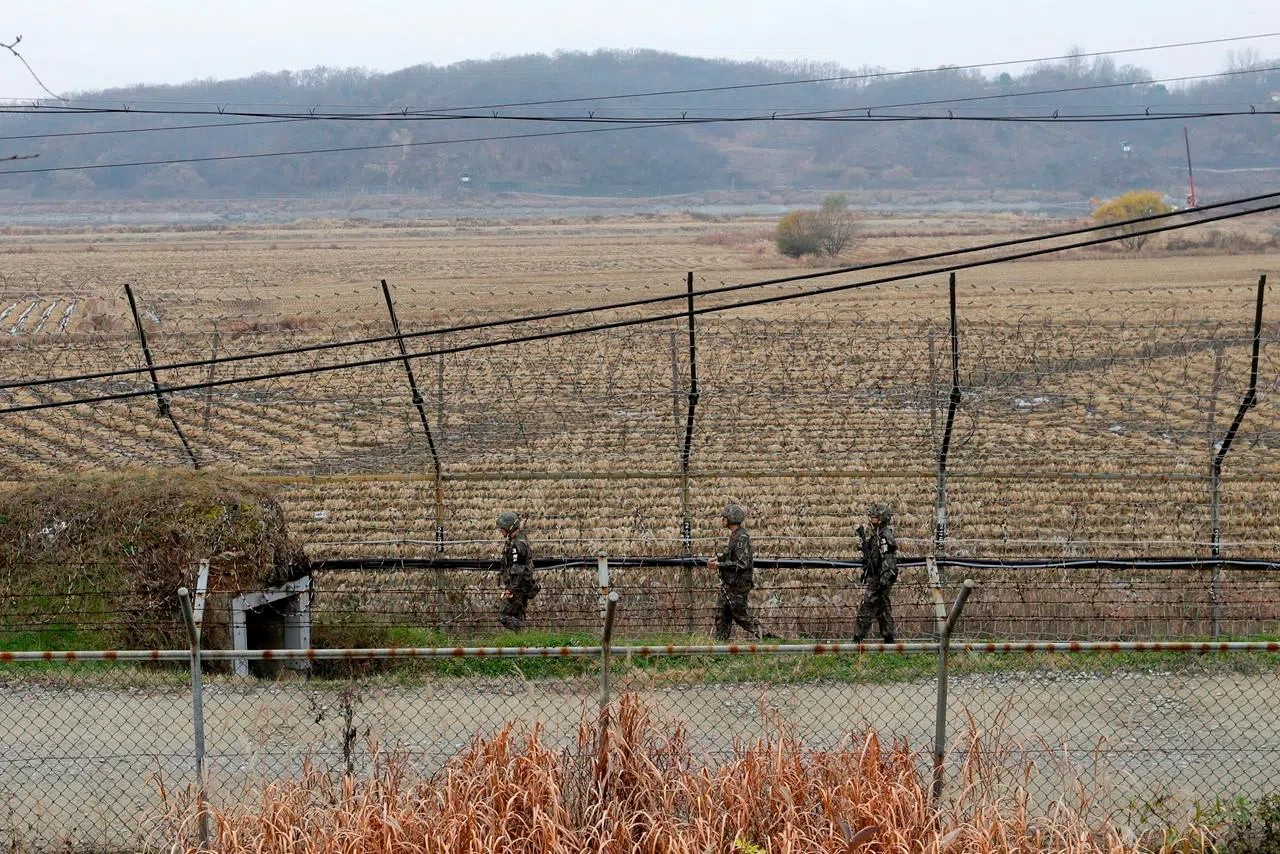
A look at Americans who have been detained in North Korea
SEOUL, Korea, Republic Of — North Korea says it is expelling American Bruce Byron Lowrance after he slipped unlawfully into the police state known for its anti-U.S. fervour.
He is believed to be the same person who was deported by South Korea a year ago after being caught wandering near the mine-strewn border with North Korea, looking for a way to cross over.
Sneaking into North Korea has proved to be a powerful temptation for some Americans. Some were driven by religious zeal, others simply were attracted by the mystery of a remote and cloistered country that seems the polar opposite of anything they had experienced.
A look at some of the Americans who have entered North Korea in past decades:



